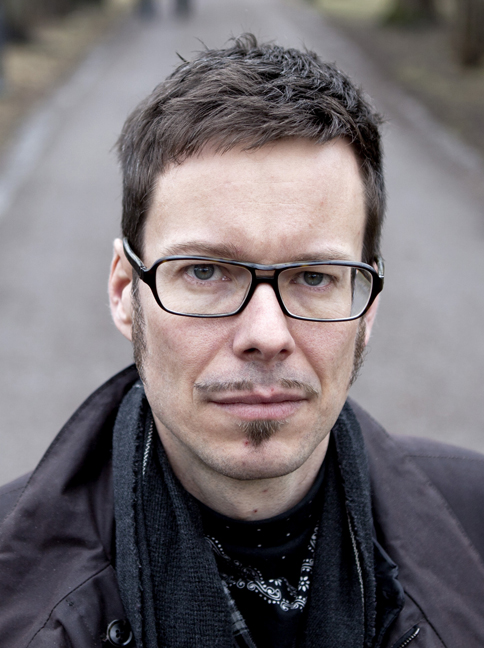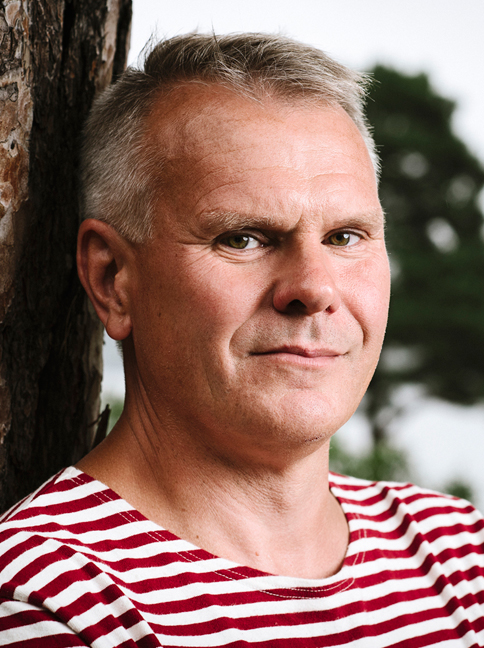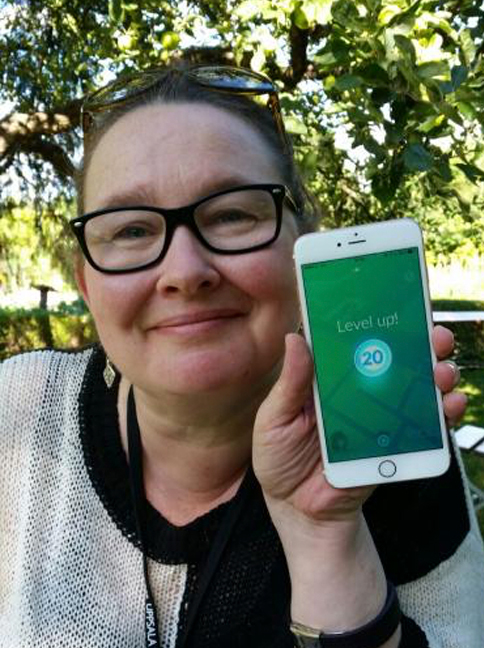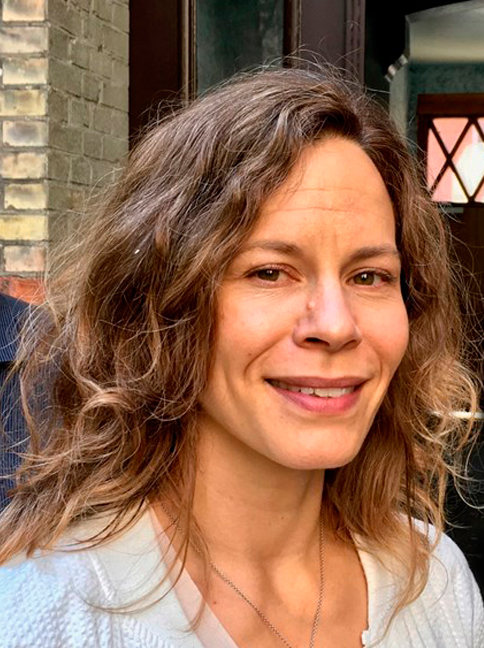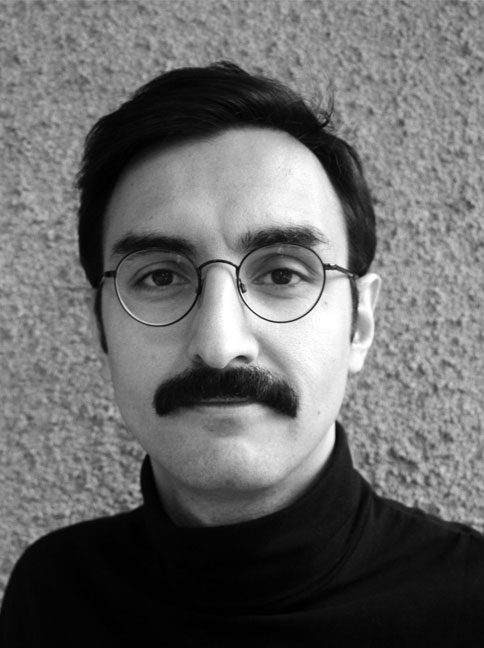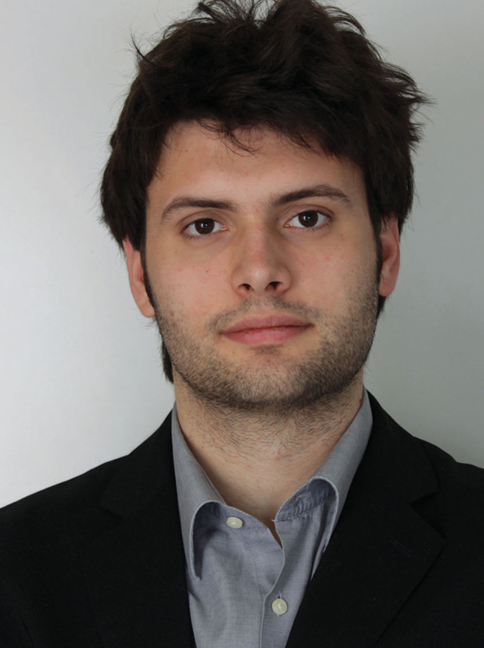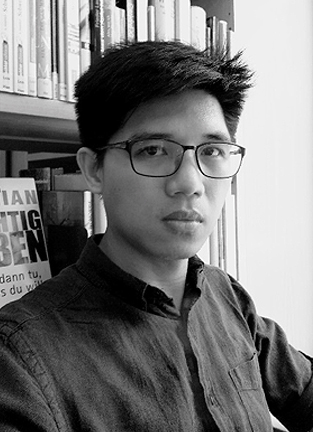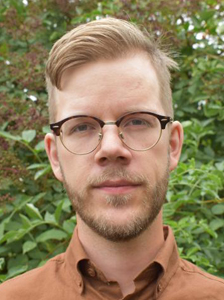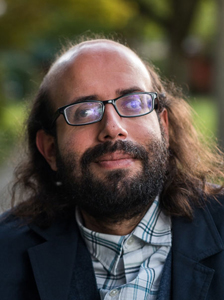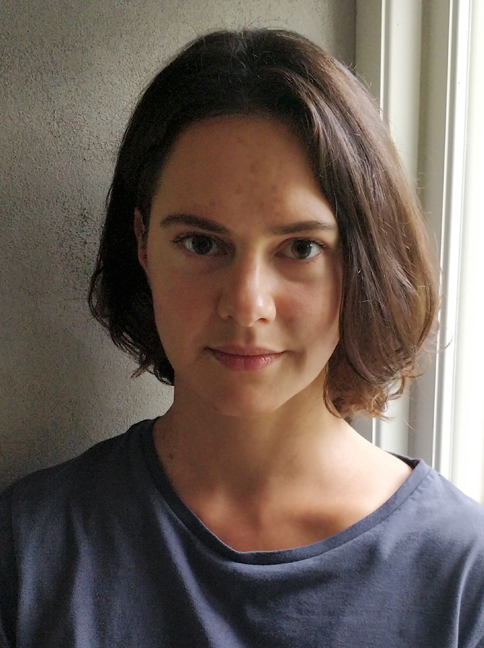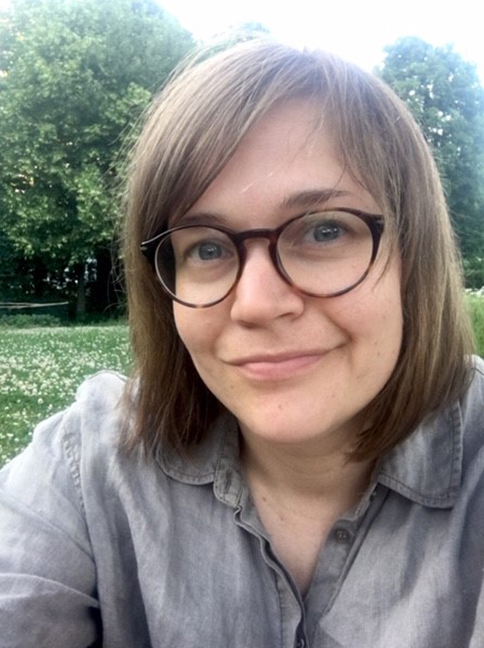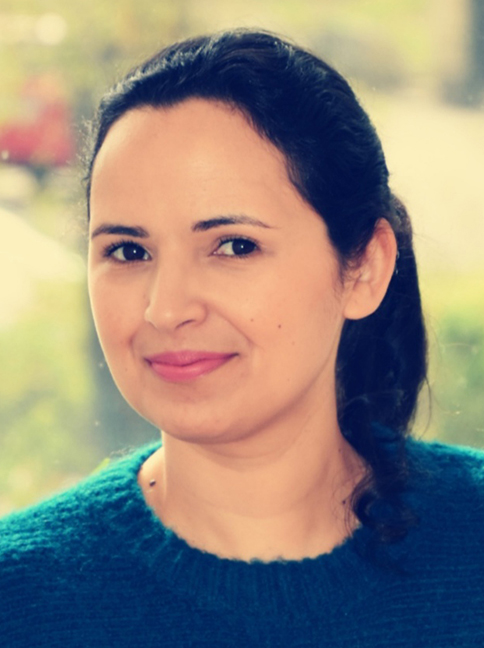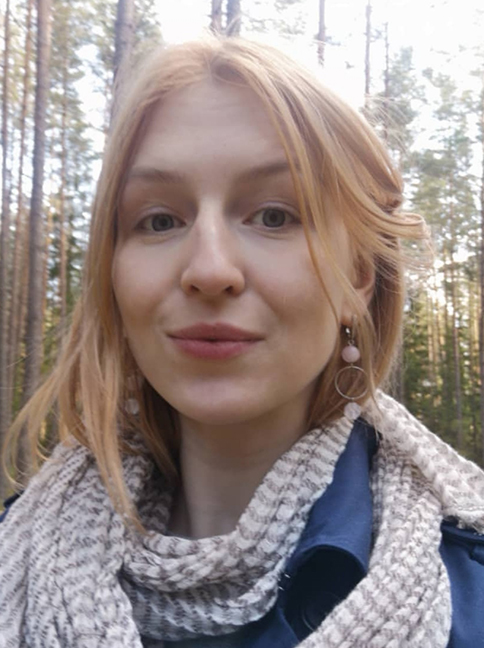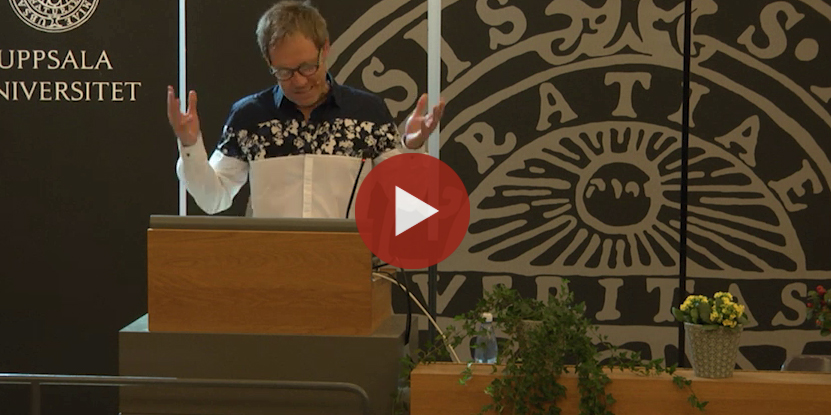
ABSTRACT This thesis uses “play” as a core concept to examine the lives and subjectivities of older working-class queer men (mostly above 60 years old) in Shanghai. Play (玩wan in Chinese) is a distinctive feature of the everyday lives of the men, who spend a great deal of time with fellow queers engaged in a variety of leisure activities, such as hanging out in parks, eating together at home or restaurants, singing karaoke, and joining sight-seeing tours. Drawing on anthropologist Gregory Bateson’s theory of play as a kind of metacommunication that creates a play frame and a boundary between play and non-play, I examine how the play frame continually invoked by the men (“just for fun” or “just play”) is materialized, enacted, and transgressed.
Based on fourteen months of ethnographic fieldwork in Shanghai conducted between 2021 and 2022, this thesis demonstrates that queerness is centrally linked to playfulness. Playing is a process of queering through which the men actively explore alternative and ludic ways of being without any real consequences for their day-to-day lives, in which most of them are married to women. But “play” as playfulness or “just for fun” also constrains the men’s perceptions of queer identities, their relationships, and their friendships with one another.
A main argument is that unless we acknowledge the existence and perspectives of people like the men I describe in this thesis, our knowledge of queer lives will remain biased and impoverished. The old men I write about here in many ways are the opposite of the identity-based sexual rights activists who attract so much attention in the scholarly and popular literature (and who write much of that literature). The men are not oppositional, they are not activists, and they have little interest in gay rights or any kinds of sexual rights. The men’s lives reveal a form of jovial queer existence in a repressive non-Western setting. They complicate understandings about topics of importance in anthropology, such as sexual identity, aging, resistance, and vulnerability. Play is a lens that makes it difficult to view people’s actions only as either disruptions of power or enactments of power. Play highlights enjoyment, fun, and pleasure in ways that make them available to critical analysis. Play is what literary scholar Eve Kosofsky Sedgwick (2003:149) has called a “reparative practice”; one that “confers plenitude” on people and recognizes the complexities and surprises of their lives.
Qing Shen defended his thesis on November 8, 2024
Contact: shen.qing@antro.uu.se



